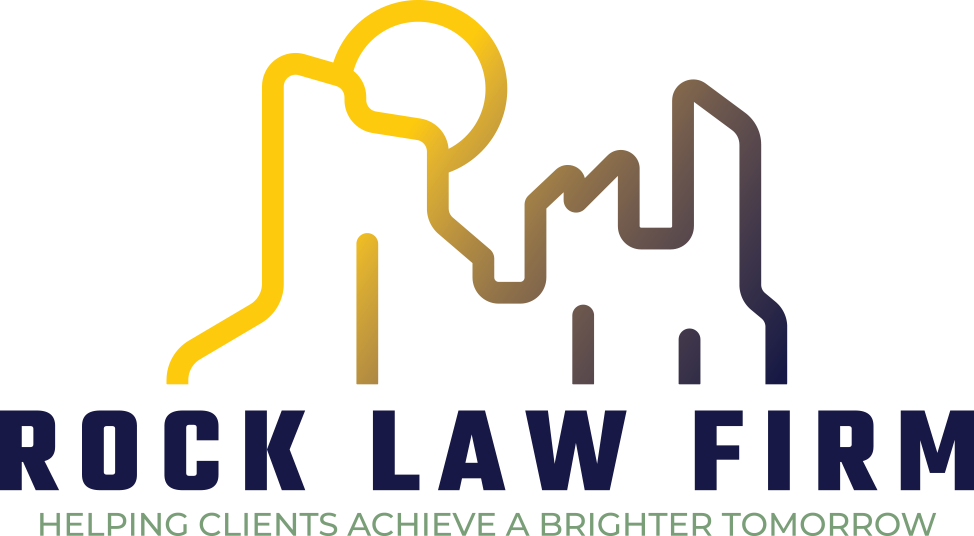FAQ
Bankruptcy is governed by both federal and state laws, and while the laws are very clear, they can be complex and confusing. There is a lot of information out there about debt relief and bankruptcy, and not all of it is based on fact. Laws have changed over the years and this frequently asked question page should serve to clarify some facts for you. If you don’t see your question here, contact us for more information or to get your case started today.
Will my job or government benefits be affected?
Under Arizona bankruptcy law, your job cannot fire you on the grounds of filing for bankruptcy. You will still be able to collect unemployment and welfare if you qualify for it. However, tax refunds and other benefits may be taken to be applied toward debt repayment.
What is Bankruptcy?
Bankruptcy is the legal process of seeking relief from debt collectors and creditors. Filing bankruptcy immediately stops all debt collection proceedings, including repossessions and foreclosures. The specifics of how debts are repaid or discharged is dictated by the type of bankruptcy filed and the bankruptcy discharge order. The most commonly filed bankruptcy claims are Chapter 7 and Chapter 13.
What does Bankruptcy do?
Chapter 7 bankruptcy can eliminate debt obligations by using assets to repay what can be repaid and wiping your financial slate clean.
Chapter 13 bankruptcy allows the debtor to reorganize debt and create a more realistic and manageable repayment plan without getting further behind or being harassed by creditors.
What is the benefit of filing for bankruptcy?
When you file for bankruptcy, creditors must immediately stop all collection attempts. This means creditors can not contact or harass you, foreclosure and repossession efforts stop, and wage garnishments must cease. Also, you may not have to pay back most of your debts.
Will Bankruptcy take away all my debt?
For the most part, yes. Chapter 7 bankruptcy will eliminate debts and offer a fresh start, although there are some exceptions. Chapter 13 bankruptcy allows you to pay off some of your debt and potentially discharge others. There are some things that cannot be discharged, including child or spousal support, taxes, student loans, debts not listed in your bankruptcy filing (if assets were distributed in your case), and debts that were obtained under fraud.
Will Bankruptcy destroy my credit?
There is no simple answer to this question. In some cases, your credit is already damaged from being behind on debts and bills. When you file for bankruptcy, the pause on collections from creditors may allow you to become in good standing with creditors. Chapter 7 bankruptcy eliminates your debts and Chapter 13 allows you to repay some debts while potentially discharging others. Both of these options can help rebuild your credit. However, bankruptcy does appear on your credit report for 10 years. In many cases, bankruptcy will not make your credit any worse. In fact, in some cases bankruptcy actually improves your credit score. As a general rule of thumb, the higher your credit score when you file bankruptcy, the more it will fall. The lower it is when you file, the less it will fall.
Arizona state bankruptcy laws require all bankruptcy filers to take a credit counseling course within 6 months prior to filing to be eligible to file for bankruptcy, which is available online. In this course, you can learn more about rebuilding your credit score and budgeting for a healthy financial future.
How much will filing for bankruptcy cost me?
Arizona bankruptcy courts require $335 to file for Chapter 7 bankruptcy or $310 to file for Chapter 13 bankruptcy. At the Rock Law Firm, we offer zero-down filing to those who qualify.
Will I lose my home?
When you file bankruptcy, foreclosure proceedings are immediately paused. In most cases, you will be able to keep your home and your car during bankruptcy proceedings as long as your equity is exempt. In some cases, your home may be used to pay off other debts. Your particular circumstances will determine what happens with your home. If you do keep your property, you will be responsible for continued payments to keep it.
What happens to co-signers?
When you file for bankruptcy, any co-signers on your debts may be responsible for repaying debts.
I am married, do both my spouse and I have to file together?
No, you can file for bankruptcy without your spouse. However, your spouse will be responsible for any joint debts and your exemptions will be affected.
Do I need a bankruptcy attorney?
You can file for Arizona bankruptcy without a lawyer. However, any incorrectly filed cases may cause delays or the outright denial of your claim. A local bankruptcy attorney can help advise you on which Chapter filing better suits your situation and can help guide you through the confusing legal process, as well as represent you in court proceedings.
At Rock Law Firm in Phoenix, Jacob Goodman and his legal team can help you harness the power of the Rock of Justice to find financial freedom. Contact us to begin the process today.
